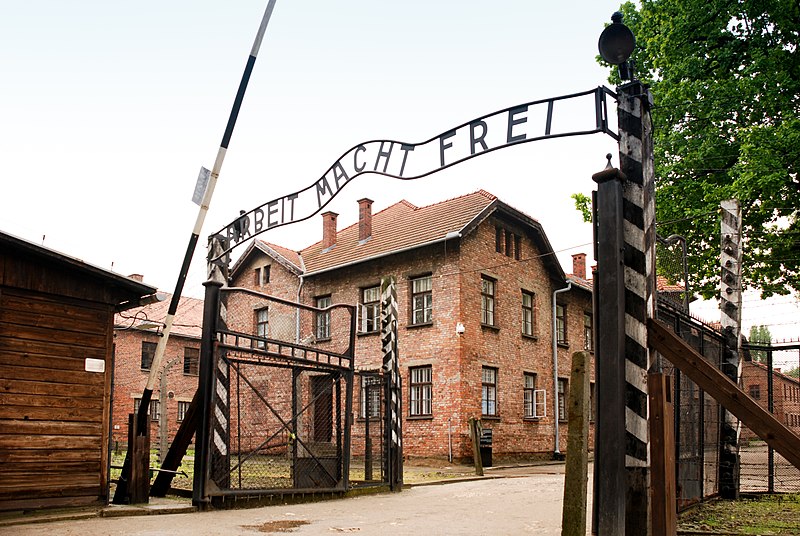
British Prime Minister Sir Keir Starmer visited Auschwitz-Birkenau, marking his first trip to the former Nazi concentration camp, where he described the experience as "utterly harrowing."
The visit coincides with preparations for the 80th anniversary of the camp's liberation.
Accompanied by his wife, Victoria Starmer, who is Jewish, the prime minister laid a wreath at the memorial in Oswiecim, Poland. The couple toured the site, reflecting on the atrocities committed there. Auschwitz-Birkenau, where an estimated 1.1 million people were murdered, stands as a stark reminder of the Holocaust's horrors.
Speaking after the visit, Sir Keir shared his profound emotional response: “Nothing could prepare me for the sheer horror of what I have seen in this place. It is utterly harrowing. The mounds of hair, the shoes, the suitcases, the names and details — everything was meticulously recorded except for human life.”
He described standing by the train tracks at Birkenau, overwhelmed by a sense of "sickness" and "desolation." He reflected on the scale of the atrocities: “A million people were killed here for one reason — simply because they were Jewish. The enormity of this barbarous, planned, industrialized murder is almost incomprehensible.”
Committing to fight antisemitism
Sir Keir emphasized his commitment to combating antisemitism and hatred, vowing to ensure such atrocities are never forgotten or repeated. He described the visit as a powerful reminder of the need to confront prejudice and protect human rights.
For Lady Starmer, the visit was her second to Auschwitz, but she found it no less harrowing than her first. The prime minister acknowledged her deep connection to the site and the emotional toll it took on her.
Historical context
Auschwitz-Birkenau was the largest of the Nazi concentration and extermination camps. Between 1940 and 1945, the Nazis systematically murdered Jews, Roma, political prisoners, and others in what became one of the most infamous sites of the Holocaust. The camp was liberated by Soviet forces on 27 January 1945, a date now commemorated annually as International Holocaust Remembrance Day.
Diplomatic visit to Poland
Sir Keir's visit to Auschwitz formed part of a broader trip to Poland, where he engaged in discussions with the country's political leaders. The visit highlights the United Kingdom's ongoing commitment to remembering the Holocaust and promoting international efforts to combat antisemitism.
The prime minister’s reflections serve as a stark reminder of the atrocities of the past and the importance of vigilance in confronting hatred and intolerance in all its forms. Photo by xiquinhosilva, Wikimedia commons.









































